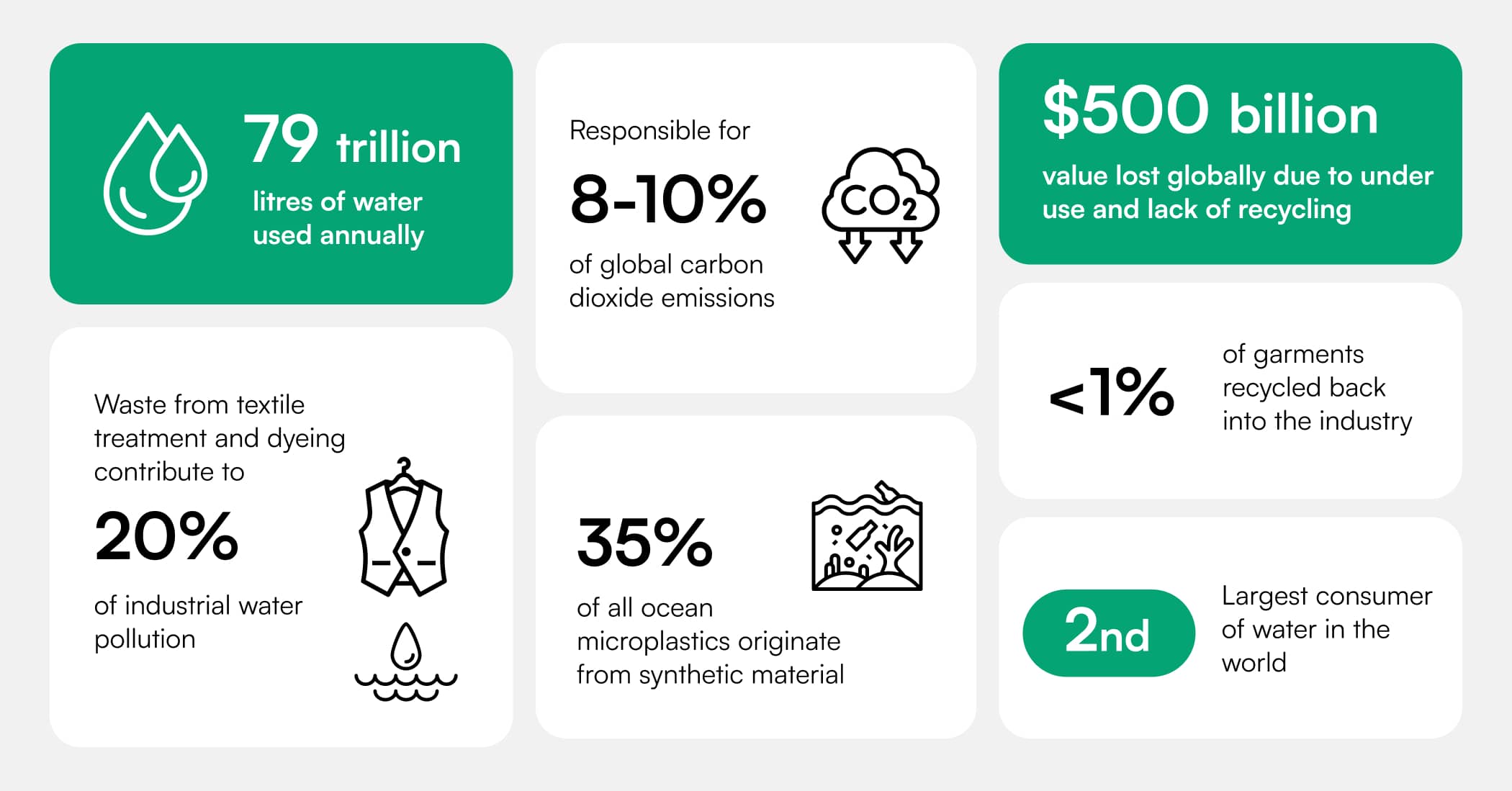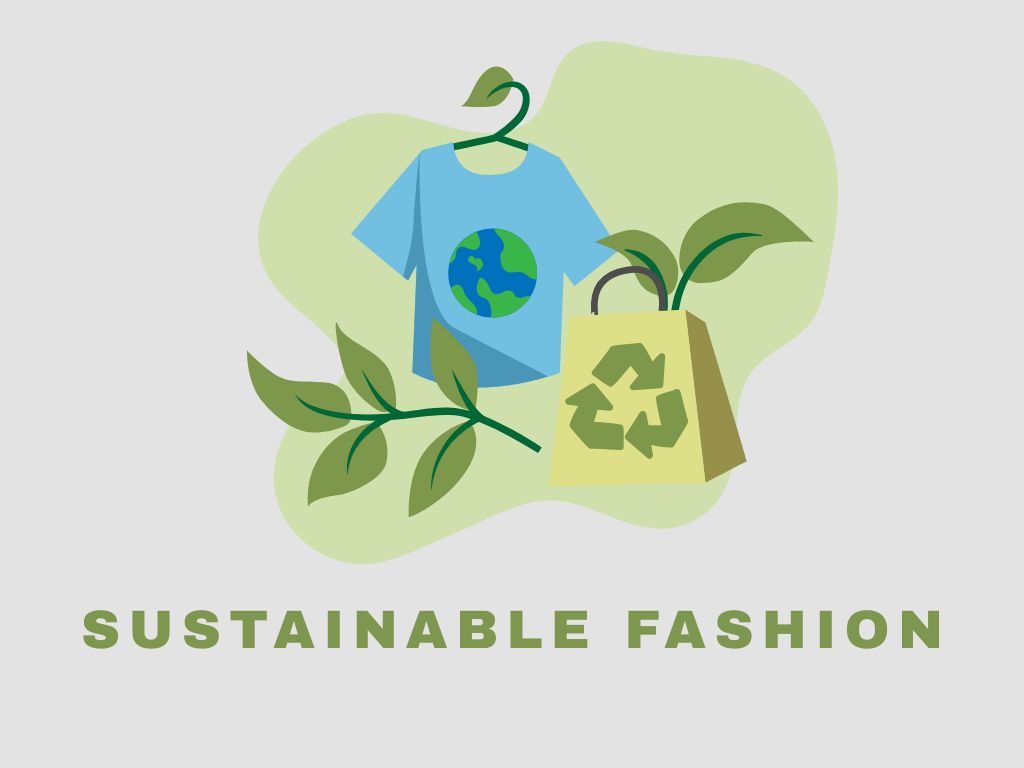Sustainable Fashion: How Apparel Manufacturers Are Going Green
In today’s rapidly evolving world, the fashion industry is undergoing a transformative shift towards sustainability. As consumers become more environmentally conscious, apparel manufacturers like Obi Apparel are stepping up to meet the demand for eco-friendly and ethical practices. From reducing carbon footprints to embracing innovative materials, sustainable fashion is no longer just a trend—it’s a necessity.
At Obi Apparel , we believe that custom apparel manufacturing doesn’t have to come at the expense of the planet. In this blog post, we’ll explore how the fashion industry is going green, why it matters, and how businesses can leverage sustainable practices to not only protect the environment but also enhance their brand reputation.
Why Sustainable Fashion Matters
The fashion industry has long been associated with environmental degradation, excessive waste, and unethical labor practices. According to recent studies, the global fashion industry accounts for appro
ximately 10% of annual carbon emissions —more than all international flights and maritime shipping combined. Additionally, millions of tons of textile waste end up in landfills each year, where synthetic fabrics like polyester can take hundreds of years to decompose.
Consumers are increasingly demanding transparency and accountability from brands. A
survey by McKinsey & Company revealed that 67% of consumers consider sustainable materials an important factor when purchasing clothing . This growing awareness has pushed apparel manufacturers to adopt greener practices, ensuring that they remain competitive in a crowded marketplace.
For businesses like yours, embracing sustainable fashion isn’t just about meeting consumer expectations—it’s about future-proofing your operations and contributing positively to the planet.
How Apparel Manufacturers Are Embracing Sustainability
1. Eco-Friendly Materials
One of the most significant steps to
ward sustainability is the use of eco-friendly fabrics. Manufacturers are replacing traditional materials with alternatives such as:
- Organic Cotton : Grown without harmful pesticides or fertilizers, organic cotton reduces water usage and soil contamination.
- Recycled Polyester : Made from recycled plastic bottles, this material helps reduce plastic waste while maintaining durability.
- Tencel (Lyocell) : Derived from sustainably sourced wood pulp, Tencel is biodegradable and produced using a closed-loop process that recycles water and solvents.
At Obi Apparel , we specialize in sourcing these sustainable materials to ensure your custom apparel aligns with your eco-conscious values.
2. Ethical Manufacturing Practices
Sustainability goes beyond materials—it extends to how garments are made. Ethical manufacturing involves:
- Fair wages and safe working conditions for factory workers.
- Reducing energy consumption during production.
- Implementing zero-waste patterns to minimize fabric scraps.
By partnering with suppliers who prioritize fair trade and worker welfare, Obi Apparel ensures that every piece of clothing tells a story of positive impact.
3. Circular Fashion Initiatives
The concept of circular fashion focuses on creating products designed for longevity, reuse, and recycling. Some key strategies include:
- Offering repair services to extend the life of garments.
- Designing collections that encourage second-hand sales or upcycling.
- Incorporating take-back programs where customers return old items for recycling.
These initiatives not only reduce waste but also foster deeper connections between brands and their customers.

4. Digital Innovations in Design and Production
Technology plays a crucial role in making fashion more sustainable. For example:
- 3D printing allows designers to create prototypes without wasting physical materials.
- AI-driven supply chain management optimizes inventory levels, preventing overproduction.
- Virtual sampling reduces the need for physical samples, saving both time and resources.
At Obi Apparel , we integrate cutting-edge technology into our processes to deliver high-quality, sustainable solutions tailored to your needs.
The Business Case for Sustainable Fashion
Switching to sustainable practices isn’t just good for the planet—it’s good for business too. Here’s why:
- Enhanced Brand Loyalty : Consumers are more likely to support brands that share their values. By prioritizing sustainability, you build trust and loyalty among your audience.
- Cost Savings : Energy-efficient machinery and waste reduction strategies can lower operational costs in the long run.
- Regulatory Compliance : As governments introduce stricter environmental regulations, adopting sustainable practices now prepares your business for future requirements.
- Competitive Edge : Standing out in a saturated market requires differentiation. Highlighting your commitment to sustainability sets you apart from competitors.

Tips for Businesses Transitioning to Sustainable Fashion
If you’re considering making the switch to sustainable fashion, here are some actionable steps to get started:
- Audit Your Supply Chain : Identify areas where you can reduce waste, improve efficiency, and source sustainable materials.
- Educate Your Team : Ensure everyone involved understands the importance of sustainability and how they contribute to the bigger picture.
- Communicate Transparently : Share your journey with customers through blogs, social media, and product labels. Transparency builds credibility.
- Collaborate with Experts : Partner with experienced manufacturers like Obi Apparel to navigate the complexities of sustainable sourcing and production.
Join the Movement Toward Sustainable Fashion
As the demand for eco-friendly apparel continues to grow, the opportunity to lead by example has never been greater. At Obi Apparel , we’re proud to offer custom apparel manufacturing and sourcing services that prioritize sustainability without compromising quality or style.
Whether you’re looking to revamp your product line or launch a new collection, let us help you create clothing that looks good, feels good, and does good for the planet. Together, we can redefine the future of fashion—one garment at a time.


